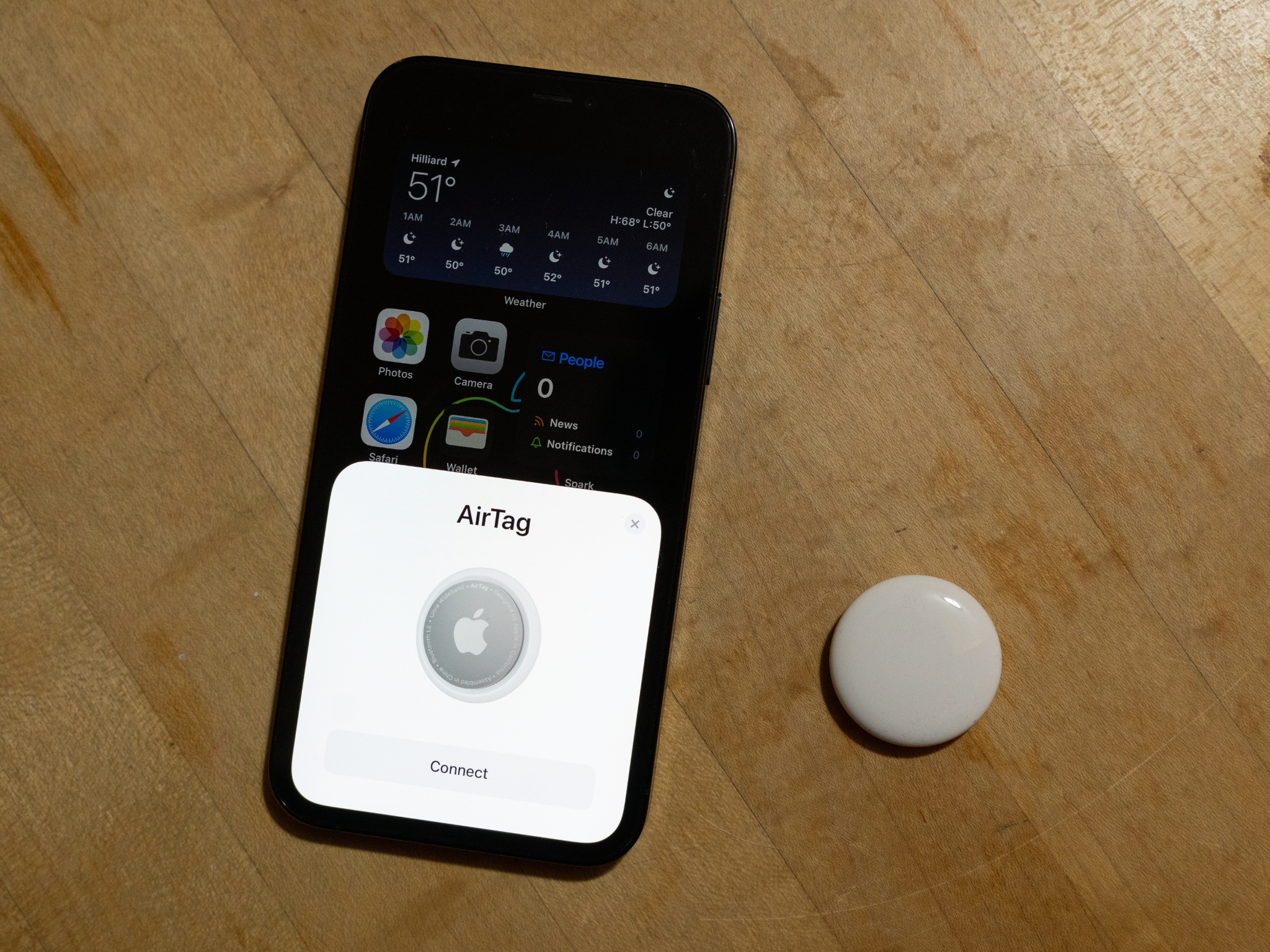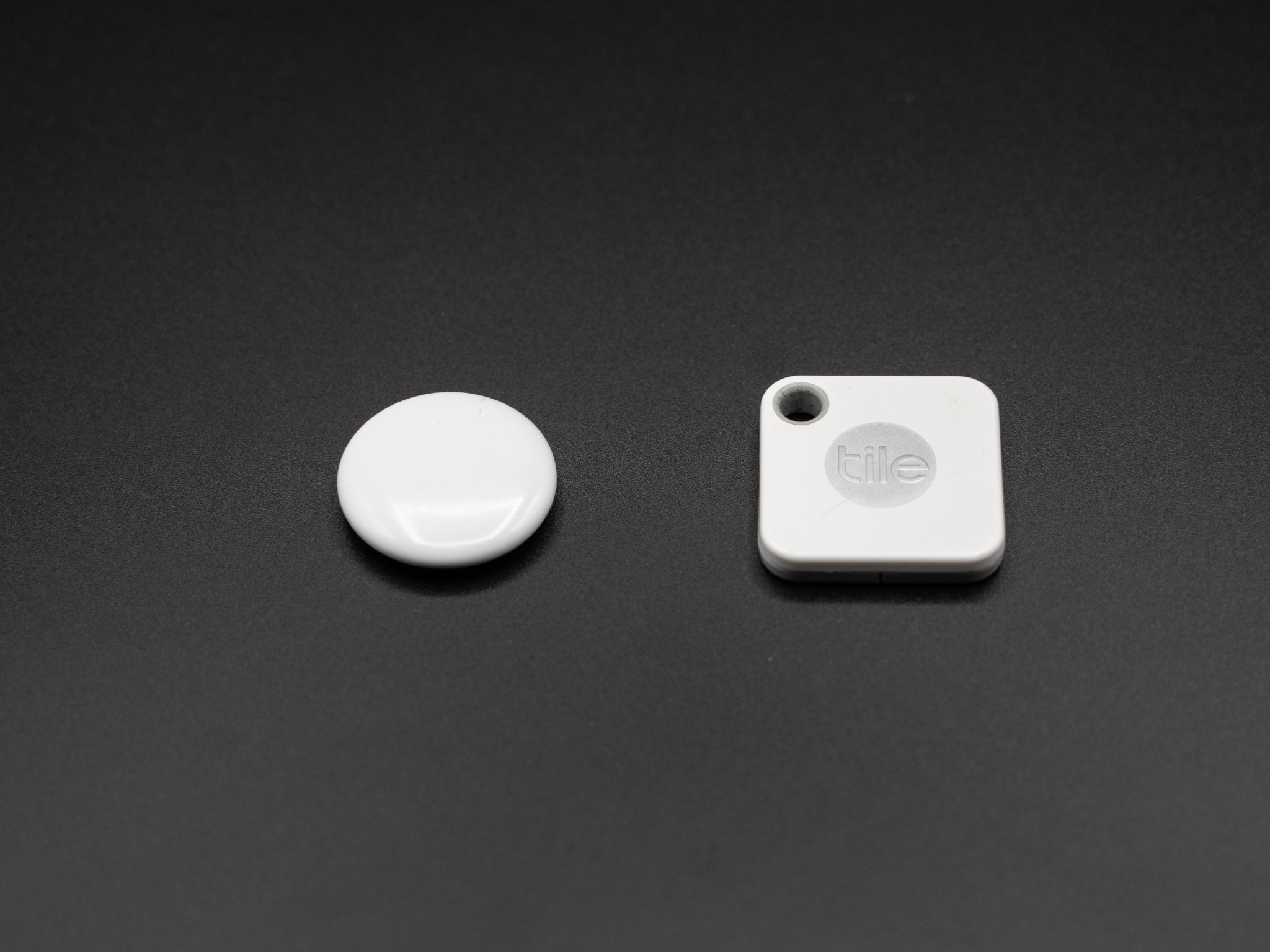Misuse of item trackers isn't new but Apple is the one that needs to fix it

iMore offers spot-on advice and guidance from our team of experts, with decades of Apple device experience to lean on. Learn more with iMore!
You are now subscribed
Your newsletter sign-up was successful
Venture anywhere near the internet right now, and there's a good chance that you'll stumble upon someone somewhere talking about AirTag. Apple's item tracker is everywhere as of late, and not for what anyone inside its marketing department would label as a good reason. AirTags are being used to stalk models and steal cars and while it's true it isn't the first item tracker to market, it's the first anyone cares about. And it's a problem Apple needs to help solve.
Companies like Tile and Chipolo have made similar products — although not as capable without Find My integration — with little fuss. Nobody really cared, and it wasn't until AirTag arrived that people realized these things could be misused. But that isn't to say they weren't being misused before Apple got into the game.
Used for the wrong reasons
Let me tell you a story. Three years ago, some men broke into my family's home while we slept. They broke in for one thing and one thing only — my car keys. A relatively desirable car, it attracted the wrong kind of attention and, so the police told me, that was probably my downfall. See, people were going around local shopping malls and parking lots and slapping item trackers onto cars that could be a target. That was possibly what had happened to mine, and that's why they knew where it was. This was long before AirTag arrived, so who knows what brand name was on that tracker.
We got the car back thanks, ironically, to its built-in tracker. Go team! The police said it was probably on its way to a container ferry for a vacation, somewhere warm and sunny. As an aside — don't keep your car keys where they're easily found. It isn't worth it.

All of this to say that bad guys have been using technology to do bad things for longer than AirTag has been around. But the problem with AirTag is the Apple logo.
As with smartphones, tablets, and wearables before it, AirTag is the first of its category that the non-tech people care about. It's the one that your average creep knows exists and is now feeling clever enough to slip into a woman's bag or stick to a fancy-looking car. They probably never knew trackers existed until Apple made one. The professionals did, sure. But not the run-of-the-mill bad guy. Now they do, and Apple is going to need to help find a fix.
It's started that process by putting privacy features right into AirTag and iOS. As we've already seen, AirTags that don't belong to the target alert them that an unknown accessory is traveling with them. That works if they have an iPhone, of course, and Apple created an Android app to do the same thing ... but it doesn't. By all accounts, it's essentially useless and doesn't run in the background, requiring a manual scan. And how many Android users have it installed in the first place? One potential solution to this is a partnership with Google that would bake AirTag alerting into Android, but that seems unlikely to happen even in a world where the pair worked together on COVID-19 test and trace tech.
The internet's suggestions
I'm not here to propose and answer — I don't have one. But Apple is loaded with smart people making great things, and now is the time for answers and action. It's only a matter of time before something terrible happens, and then there are headlines blaming an AirTag, which by then, it'll be far, far too late. As far as suggestions go, I've seen some on Twitter proposing Apple should nerf the tracker, making it less accurate. That's a non-starter.
iMore offers spot-on advice and guidance from our team of experts, with decades of Apple device experience to lean on. Learn more with iMore!
Others have recommended that AirTags should display the Apple ID they're associated with when they alert people they're traveling with them. That's an option that would remove the anonymity the bad guys enjoy, but I don't see that getting beyond Apple's privacy, people. Apple IDs are email addresses, and Apple is swift to tell everyone that one of the best iPhone features is privacy, after all.
I don't think either approach is the answer. But whatever the answer is, it needs to come quickly.

Oliver Haslam has written about Apple and the wider technology business for more than a decade with bylines on How-To Geek, PC Mag, iDownloadBlog, and many more. He has also been published in print for Macworld, including cover stories. At iMore, Oliver is involved in daily news coverage and, not being short of opinions, has been known to 'explain' those thoughts in more detail, too.
Having grown up using PCs and spending far too much money on graphics card and flashy RAM, Oliver switched to the Mac with a G5 iMac and hasn't looked back. Since then he's seen the growth of the smartphone world, backed by iPhone, and new product categories come and go. Current expertise includes iOS, macOS, streaming services, and pretty much anything that has a battery or plugs into a wall. Oliver also covers mobile gaming for iMore, with Apple Arcade a particular focus. He's been gaming since the Atari 2600 days and still struggles to comprehend the fact he can play console quality titles on his pocket computer.
